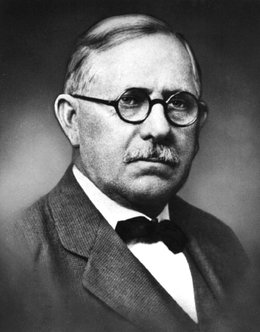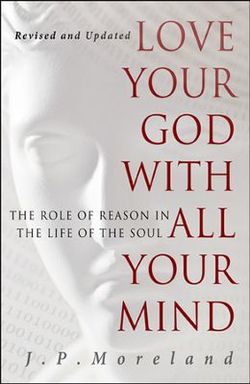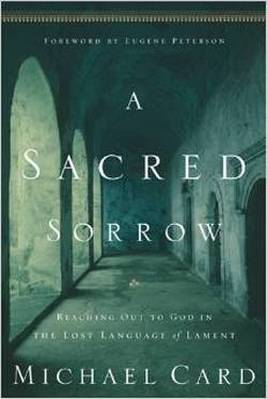
In their efforts to cross the road these poor animals get hit by passing cars and inevitably leave a smell that, as the old southern expression goes, would knock a buzzard off a gut wagon. I actually have a skunk living in my backyard. When I take the trash out at night I’m always fearful that she’s going to be standing by the garbage can cocked and loaded.
The potency of skunk stench travels a great distance. When I ride over their carcasses on the highway the odor oozes into my car and remains for several miles. The power of a skunk’s particular smell has the capacity to linger in your nostrils for an uncanny amount of time.
My friend, Eddie, once had a pet skunk named, “Pierre” (although it was a girl). He tells me that Pierre was one of the best pets he ever owned. He found her when she was 6-8 weeks old and had the scent glands removed. Pierre was housebroken and trained to walk on a leash. He kept her for two years before getting married. However, his wife-to-be put great pressure on him to find Pierre a new home. Pierre spent the rest of her days entertaining children at elementary schools as part of a traveling zoo.
If you’ve ever viewed a skunk up close (preferably in pictures), you’ll likely agree that they’re adorable little animals. I’ve pondered recently why God would create something that appears so sweet yet give it a scent that will scar you for life. A few days ago that familiar smell seeped into my car once again; as the odor lingered God reminded me of a few things.
Scripture speaks a lot about “smells” and “aromas.” When dealing with unfaithful people God says, “These people are a stench in my nostrils, an acrid smell that never goes away” (Isaiah 65:5, NLT). The Bible suggests a similar idea in 2 Peter chapter two when the Apostle writes about Believers who turn back to sin as “A dog that returns to his own vomit, and a sow, having washed, to her wallowing in the mire.”
All of us are wonderfully made in the likeness of a loving Creator. Every one of us is a much-loved child of the most caring Father in the entire universe. Yet many of us are like the prodigal son before he realizes his need to return home: We smell like a pigsty. We are beautiful in God’s eyes, yet all of us have the capacity to stink. When we willfully choose to live in sin we produce an aroma that reeks in the nostrils of God.
For many the smelly aroma comes from our efforts of self-preservation. We’ve learned to function in ongoing protection mode. Like a skunk, we let off an odor when we try to defend ourselves against what we perceive as a threat. Something presses in on our lives and we lash out, lie, cheat, attack another person, think we deserve something we actually don’t, justify our bad behaviors and habits, and the list goes on. In these moments we produce a scent that not only distances us from the Father, it also separates us from the people we love.
My friends, sin is a serious problem. When it goes unchecked it has the capacity to derail our lives in a way that leaves us dead on the inside. Without God, the aroma of death lingers. We’ve all been affected, which means we’ve all smelled like a dead skunk in God’s nostrils at one time or another.
Like Isaiah, our very best efforts are like filthy rags compared to the righteousness of God. In other words, we don’t deserve the goodness and mercy of God because of our stench. We often live in denial of the fact that we have the potential to smell like a skunk carcass lying on the side of the road. Denying the potential to smell like sin means one likely think more highly of themselves than they should. This is a dangerous way to live.
At the end of the day we all smell like road kill without Jesus. Paul says in 2 Cor. 2:14-16, “Thanks be to God, who always leads us in triumph in Christ, and manifests through us the sweet aroma of the knowledge of Him in every place. For we are a fragrance of Christ to God among those who are being saved and among those who are perishing; to the one an aroma from death to death, to the other an aroma from life to life…”
Wow! In Christ, we are called to manifest His sweet fragrance everywhere we go. That means the Kingdom of God is touching down everywhere we stand. Now, when I smell a dead skunk I think about the fact that I’m dead to myself, yet alive in Christ. Without Jesus we stink in the nostrils of God, but IN HIM we’re a sweet savor unto the Lord. Let people smell the fragrance of Christ being manifested through your life everyday.
(Sources: Eddie Estep)
This post was written by Rev Powell. You can find his blog here: brianlpowell.com









 RSS Feed
RSS Feed